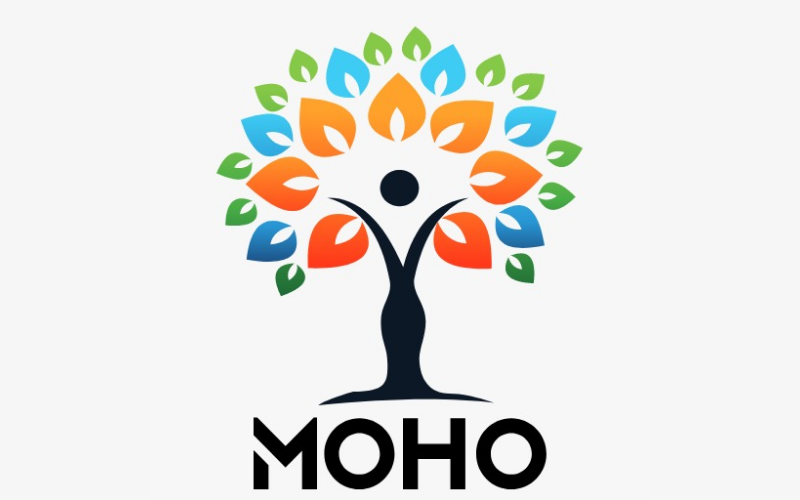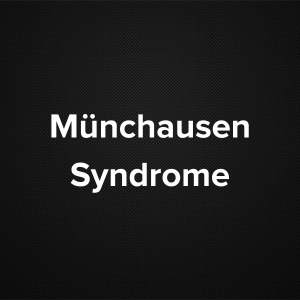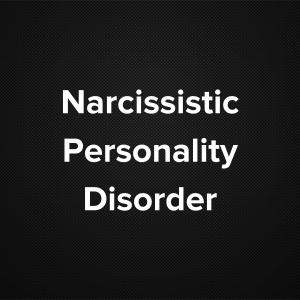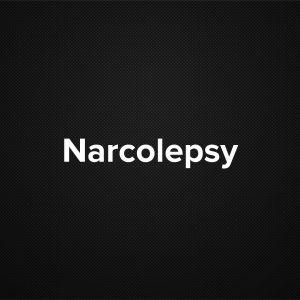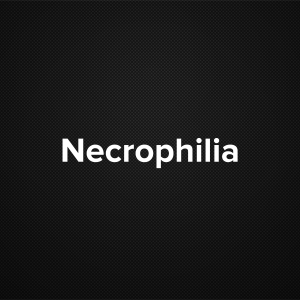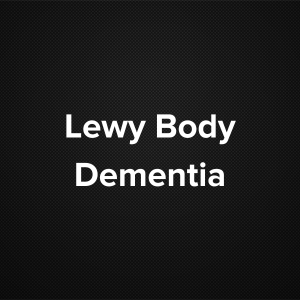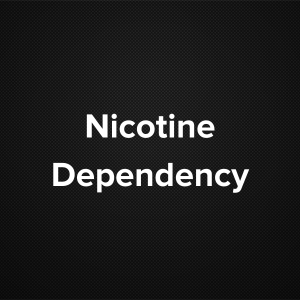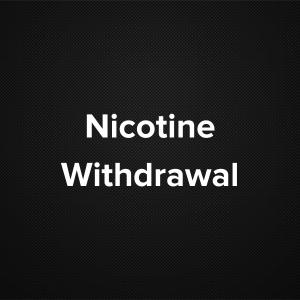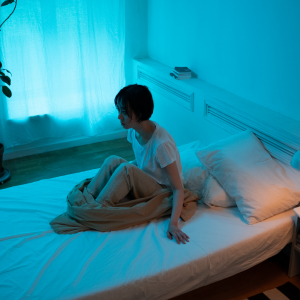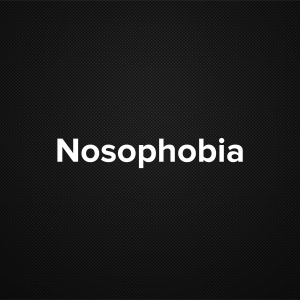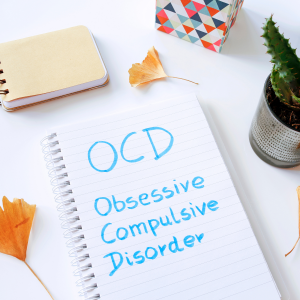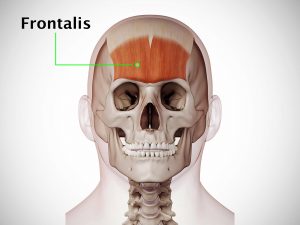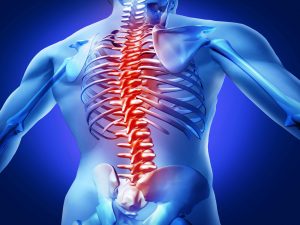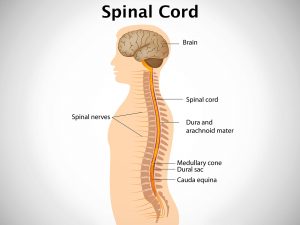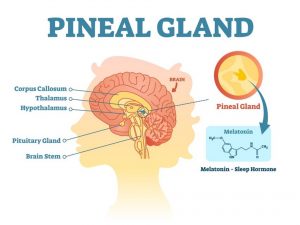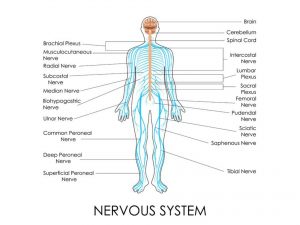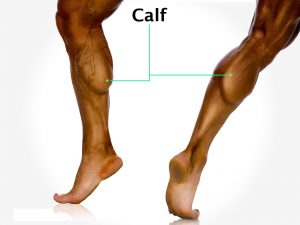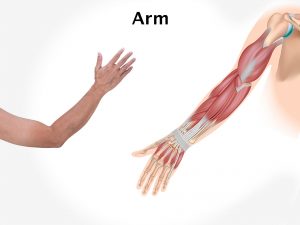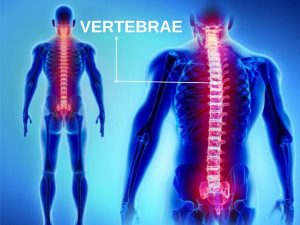Causes and risk factors
Transient global amnesia is usually seen in middle-aged to elderly people. The exact cause is unknown. It is linked to people having history of migraine. Some causes that lead to the condition are mild trauma to the head, acute pain, strenuous activity such as swimming, emotional stress due to overwork, hearing or reading some bad news. It can also be precipitated due to valsalva manoeuvre. Surgical procedures like angiography etc can cause the condition. Additional causes include blocked arteries, temporal lobe seizures, sudden temperature changes, sexual intercourse.
Clinical presentation
Patients with TGA present with anterograde amnesia [memory loss of ongoing events after the trauma or event that caused amnesia] There can also be retrograde amnesia.[ memory loss of events that occurred before the trauma or event that caused amnesia ]. During the episode, patient doesn’t show any focal or neurological symptoms. They are alert and attentive. There is no impairment in cognition. Higher cortical functions like language, visuospatial skills, calculations etc are unaffected. Patients show disorientation for time and place. There is repetitive questioning. Patient is unable to lay down memories. Anxiety is common. Occasionally there is headache, dizziness, nausea and vomiting. At the end of attack, there is rapid and complete return of anterograde memory while retrograde memory is slow to return.
Investigation
Medical history by the patient and Clinical examination by the doctor helps in diagnosis. MRI brain, EEG, is advised. 2D Echo is done. ECG, holter monitoring is recommended.
Treatment
No treatment is required for most patients as it resolves on its own. It depends upon the underlying cause. Supportive care is given to prevent further attacks. Home Care such as family support, reality orientation is recommended. Providing familiar music, objects, or photos, to help the person stay oriented.
Other Modes of treatment
The other modes of treatment can also be effective in treating TGA. Homoeopathy is a science which deals with individualization considers a person in a holistic way. This science can be helpful in combating the symptoms. Similarly the ayurvedic system of medicine which uses herbal medicines and synthetic derivates are also found to be effective in treating TGA .
Facts and figures
It occurs among 5 in 1, 00,000 people worldwide every year.
